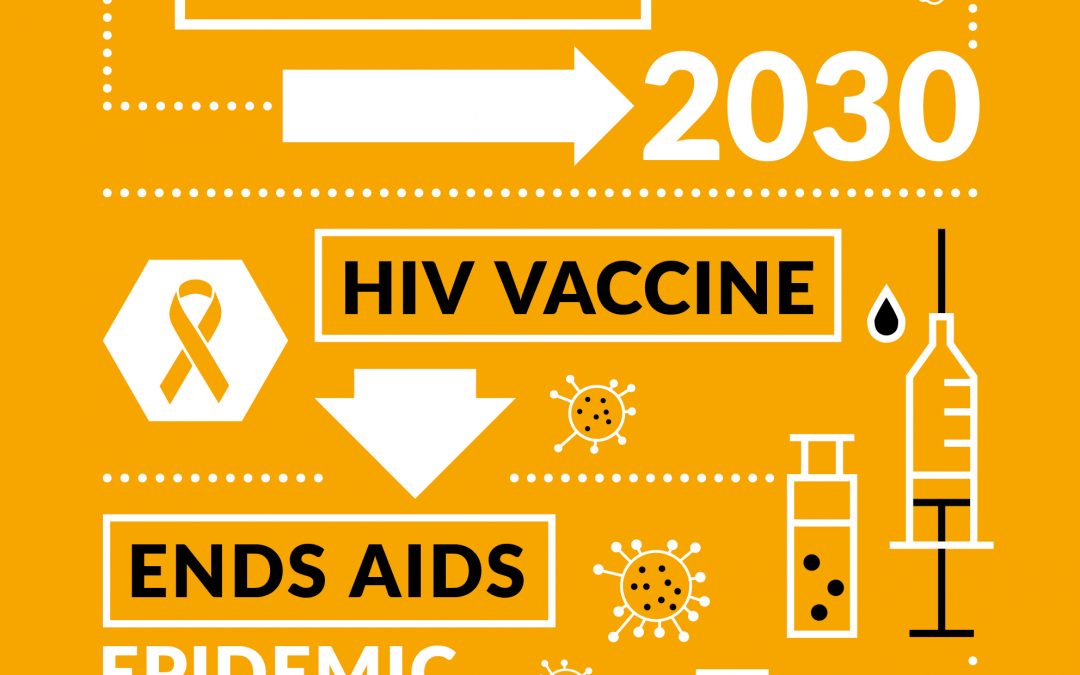Brussels, December 1, 2016: The EU must remain a leader in the field of global health innovation in the coming years, if HIV & AIDS is to be eradicated by 2030, according to a new report launched in Brussels today to mark World AIDS Day.
The report “Saving Lives: Making the case for European investment in poverty-related and neglected tropical disease R&D” highlights the urgent need for Europe to increase investment in global health innovation or risk eroding the progress made in the last two decades to fight HIV & AIDS – particularly in the face of Brexit and global political uncertainty.
EU disease research funding: good for fighting disease, good for EU economy
Cecile Vernant, head of the EU office of Deutsche Stiftung Weltbevölkerung (DSW), speaking at the launch of the report, said: “Let’s be clear, EU funding for disease research has achieved an enormous amount in the last 15 years. It has delivered money and jobs back into the European economy – 10,000 new positions since 2007, and a high return on investment back to Europe. And it has helped delivering products that have already had an impact on global health. However, for the EU to continue in a leading role, we need increased investment and long-term strategic thinking – not just from the Commission but from EU governments as well.”
The DSW-commissioned report found that European governments (EU Member States plus Norway and Switzerland) and the EU institutions contributed 20% of all public funding globally between 2007 and 2014, with EU institutions representing 25% of European public funding. Funding has however fallen in four of the last five years, and European investment in global health innovation remains below its 2009 peak, and far from the WHO-recommended target of 0.01% of GDP.
The results of the report – which was authored by Policy Cures and commissioned by DSW – were announced as DSW launches its Imagine2030 campaign. Imagine2030 calls for a world without diseases of poverty by 2030, achieved through European funding for research into diseases of poverty, specifically poverty-related and neglected tropical diseases. By scaling up EU research funding, we can respond to the urgent need for new vaccines, new drugs and better diagnostic tools for fighting HIV & AIDS, and other poverty-related and neglected tropical diseases.
Brexit and the research agenda: UK a key player
The Saving Lives report also states that Brexit negotiations need to consider the importance of continued participation by UK research organisations in EU-funded research programmes. Cecile Vernant: “With so many of the leading research institutions involved in global health being based in the UK, negotiators on both sides need to find a compromise that does not exclude them from being involved in EU research projects in the future.”
Contact details
Eoghan Walsh
Communications Officer, Deutsche Stiftung Weltbevölkerung (DSW)
+32 485 399 443
Notes to the Editor
- Download the executive summary of the “Saving Lives” report. The full report is accessible here.
- Imagine2030: invest in innovation. End diseases of poverty: more information on the campaign, as well as press materials and the campaign video, can be found here.
- Deutsche Stiftung Weltbevölkerung (DSW) focuses on the needs and potential of the largest youth generation in history. We are committed to creating demand for and access to health information, services and supplies, and to securing their right for a brighter future. We achieve this by engaging in gender sensitive advocacy, capacity development, and family planning initiatives. With our headquarters Germany, DSW maintains offices in Ethiopia, Kenya, Tanzania, and Uganda, as well as liaison offices in Berlin and Brussels. DSW also advocates for investment in research and innovation to fight poverty-related and neglected tropical diseases.
- Poverty-related and neglected tropical diseases (PRNDs) is a category that includes, among others, HIV & AIDS, tuberculosis, malaria and 17 neglected tropical diseases identified by the World Health Organisation: Buruli ulcer, Chagas disease, Dengue and Chikungunya, Dracunculiasis (guinea-worm disease), Echinococcosis, Foodborne trematodiases, Human African trypanosomiasis (sleeping sickness), Leishmaniasis, Leprosy (Hansen’s disease), Lymphatic filariasis, Onchocerciasis (river blindness), Rabies, Schistosomiasis, Soil-transmitted helminthiases, Taeniasis/Cysticercosis, Trachoma, Yaws (Endemic treponematoses).

